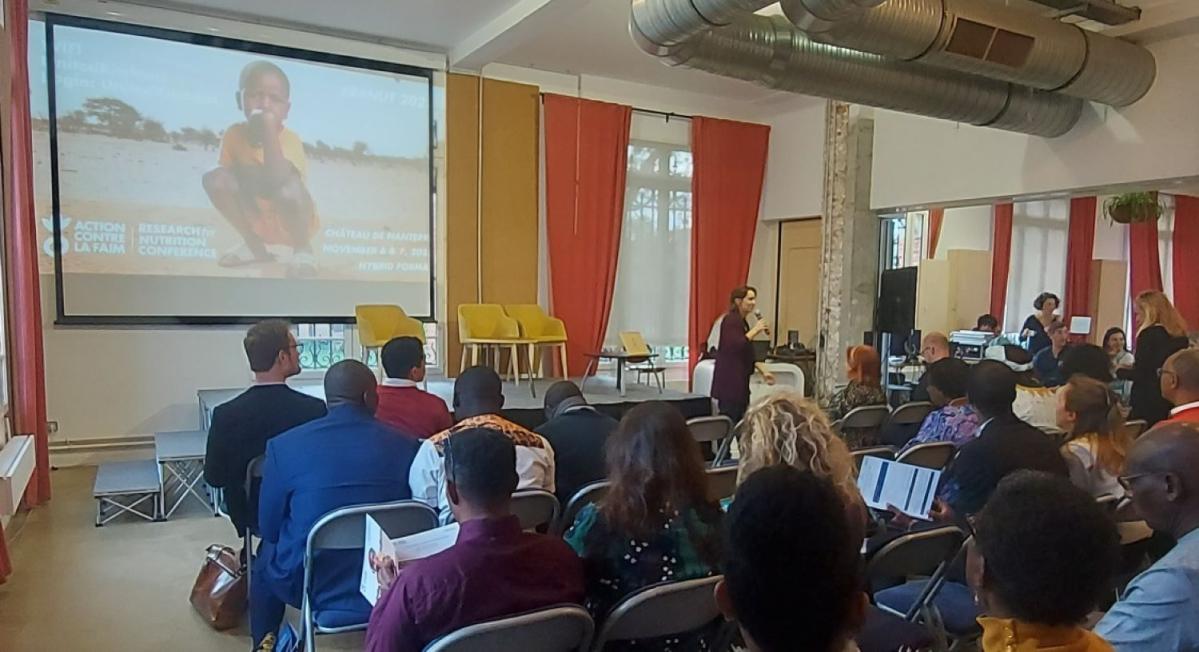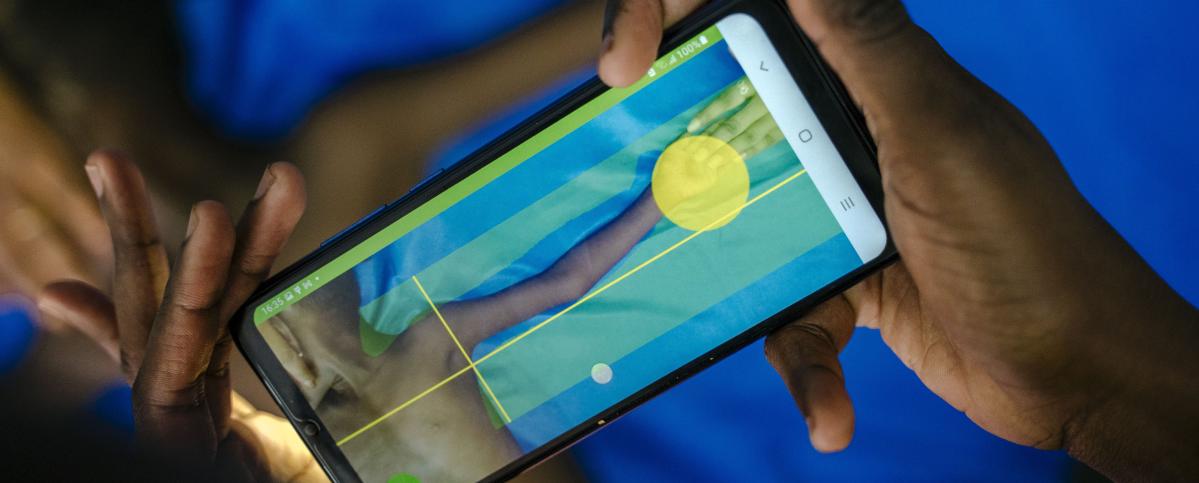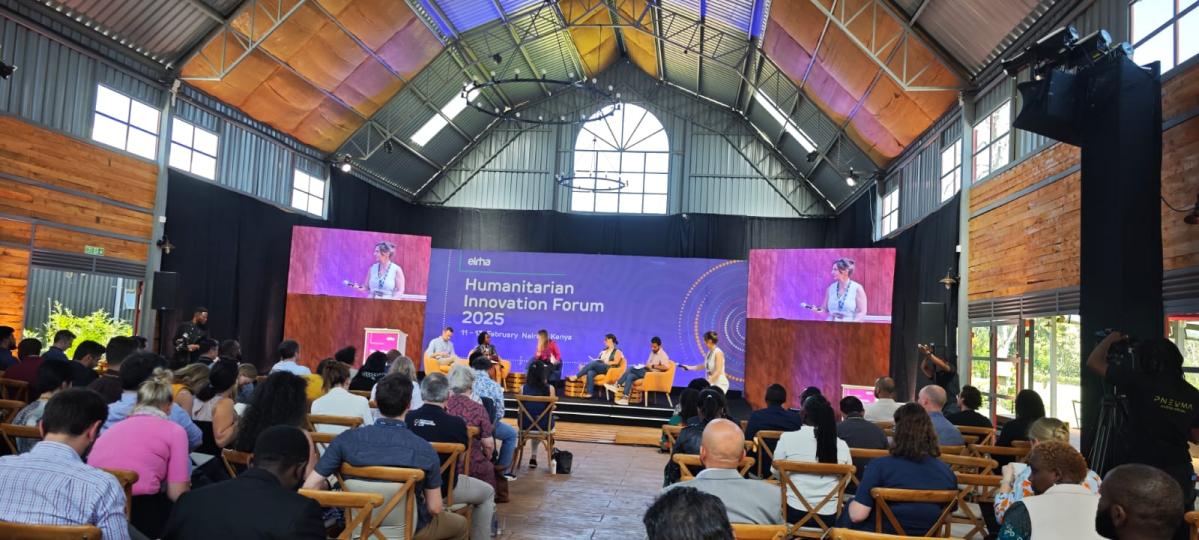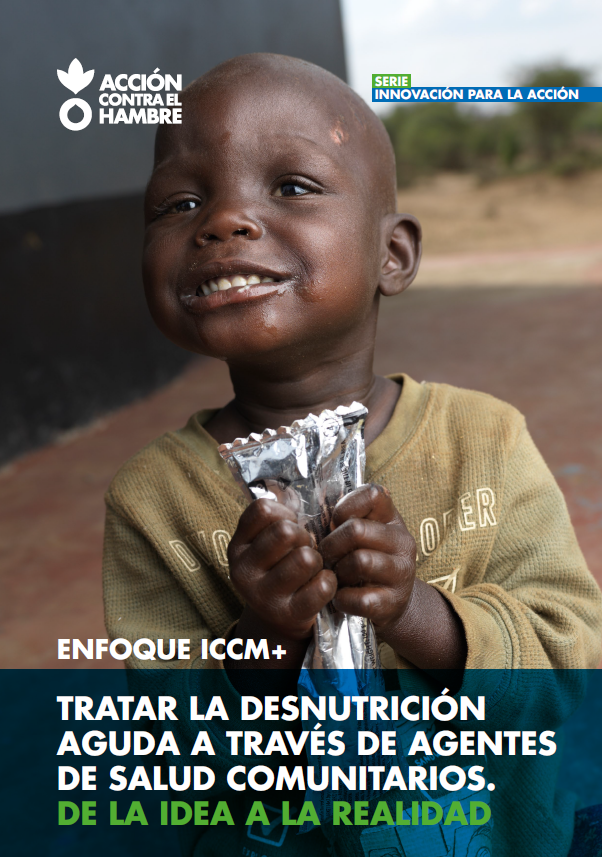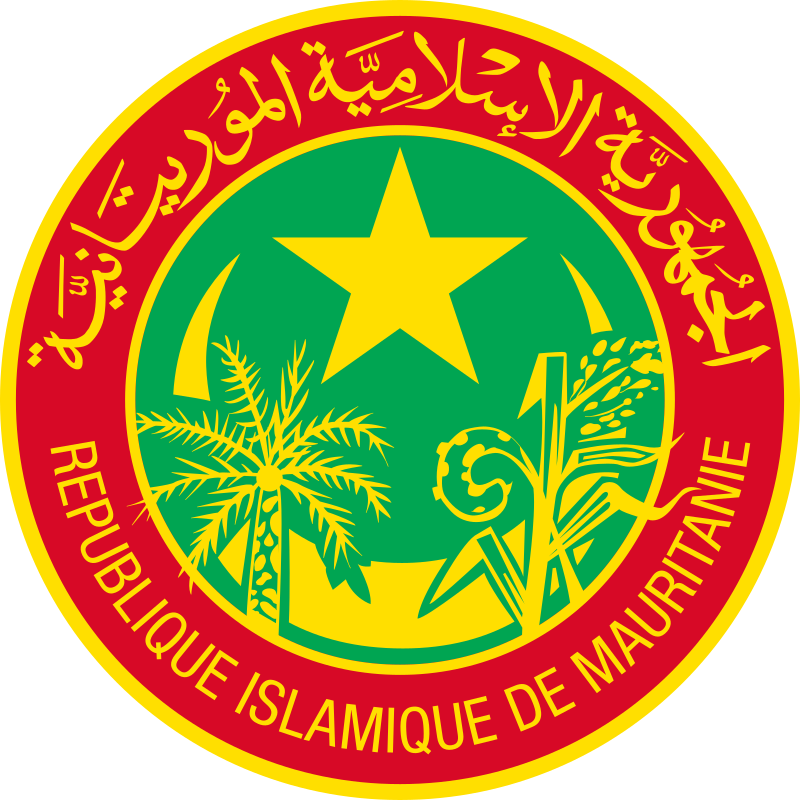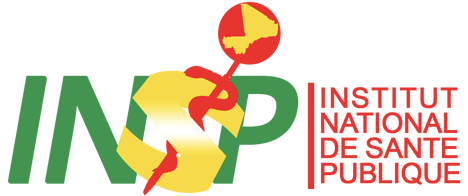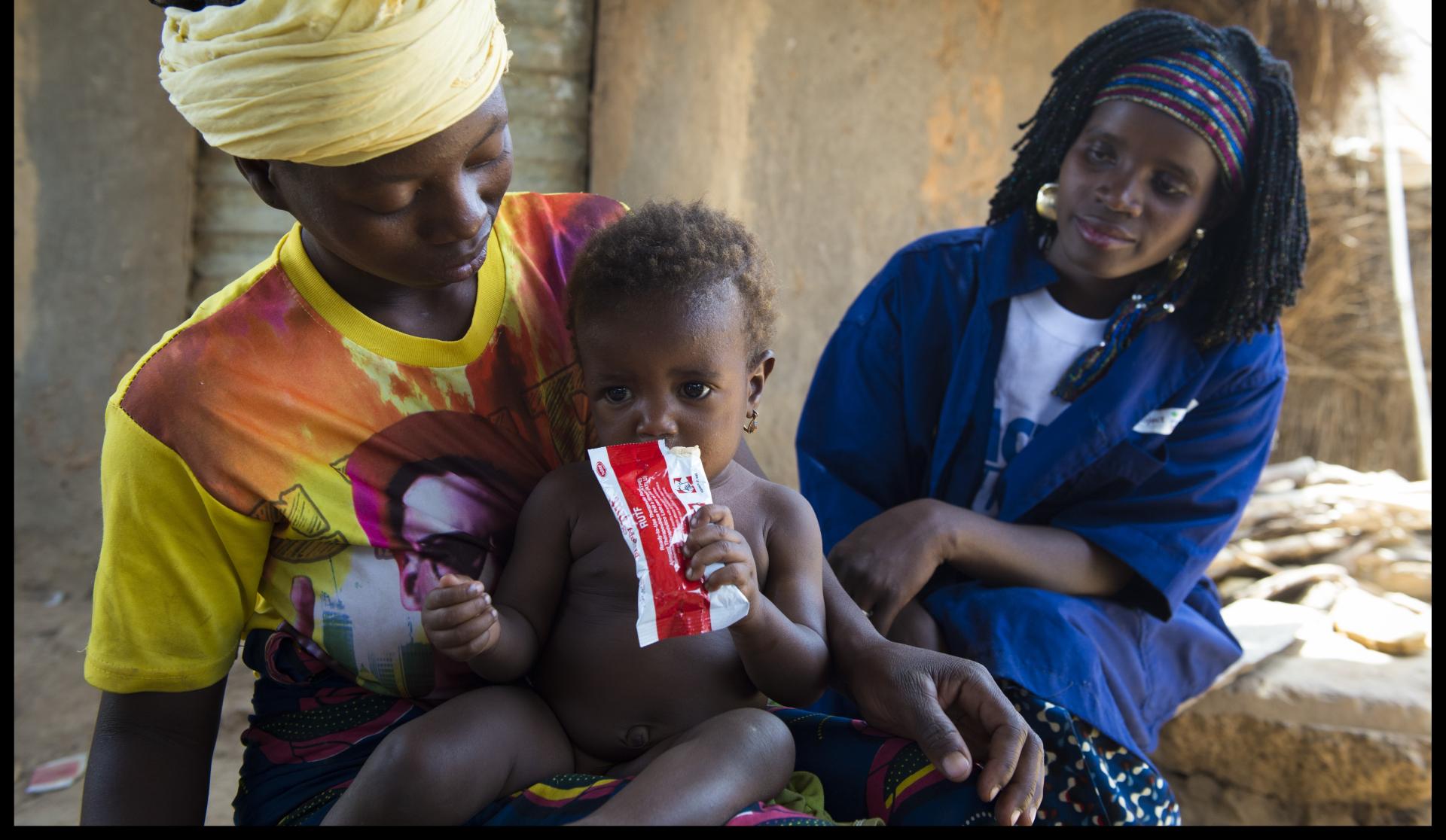
ICCM+
Acción contra el Hambre lidera en el ámbito internacional el tratamiento de la desnutrición aguda severa (SAM, por sus siglas en inglés) a través de Agentes de Salud Comunitaria (ASC) gracias al trabajo de investigación y generación de evidencia desarrollado en los últimos 10 años conocido como “enfoque iCCM+”.
Los ASC son personas, en su mayoría mujeres, no formadas en medicina, que adquieren conocimientos generales de salud y atienden a las familias en la propia comunidad en la que viven, tratando algunas enfermedades infantiles (diarrea, malaria e infecciones respiratorias) a través de la intervención iCCM (Integrated Community Case Management). Partiendo de esta intervención, en 2014 Acción contra el Hambre propuso incorporar el tratamiento de la desnutrición aguda al paquete de actividades de las ASC. Desde entonces, este enfoque se ha implementado a través de pilotos en distintos países en colaboración con otras entidades socias, ministerios de salud y centros de investigación.
En Junio de 2023, la Organización Mundial de la Salud publicó las normas actualizadas para tratar la desnutrición infantil, incorporando a ellas el enfoque ICCM+. Es un hito importante que ayudará a salvar la vida de millones de niños y niñas en el mundo acercando y facilitando el acceso al tratamiento.
¿Cómo funciona?
Hoy en día existe un tratamiento altamente eficaz para la SAM: administrar a las y los menores alimentos terapéuticos listos para su uso (RUTF, por sus siglas en inglés), durante un periodo de 6 a 8 semanas. Gracias a los y las ASC se consigue llevar el tratamiento a los hogares, evitando que que los pacientes tengan que desplazarse a los centros de salud.
Esto es fundamental porque, en los diferentes países de África donde trabajamos, más del 50% de la población vive a más de 5 km de uno de estos centros, y los caminos son peligrosos o quedan intransitables en algunas épocas del año. Además, desplazarse hasta el centro semanalmente resulta difícil cuando las madres, que son la mayoría de las veces las responsables de llevar al/la menor enfermo, tienen que asegurar también los medios de vida de la familia y cuidar del resto de hijos e hijas.
Contacto
NOTICIAS
RECURSOS
VIDEOS
FICHA DEL PROYECTO
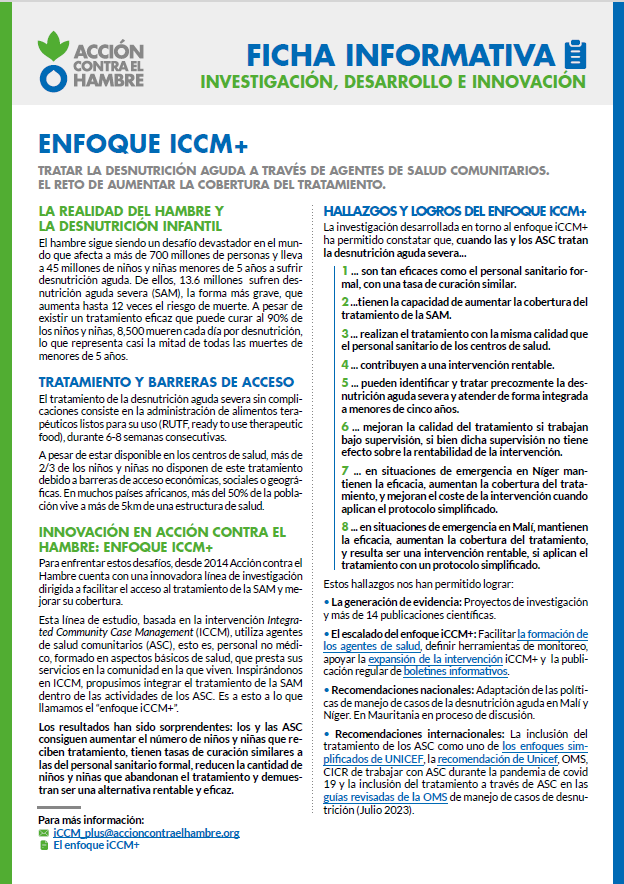
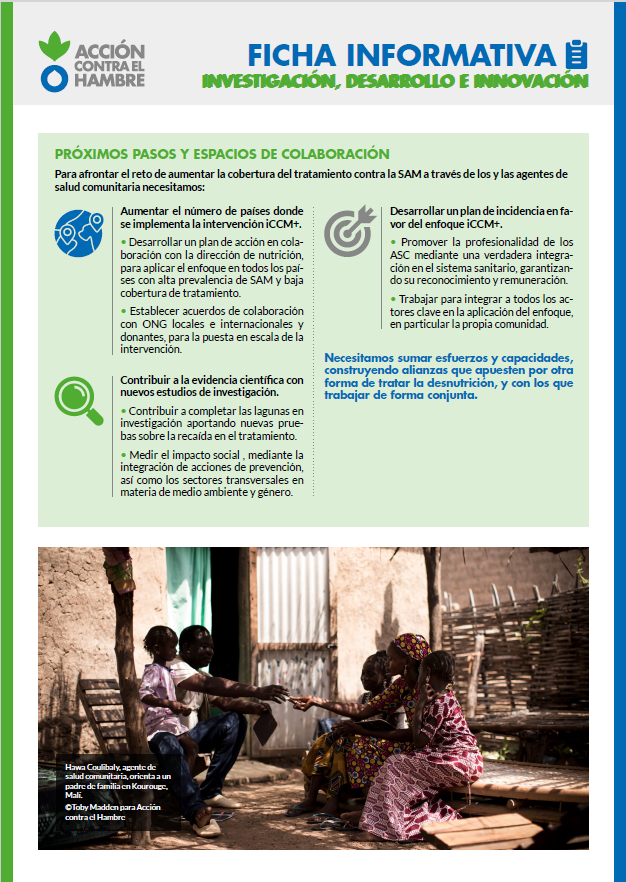
CONTRIBUCIÓN CIENTÍFICA
Socioeconomic Risk Factors Associated With Acute Malnutrition Severity Among Under-Five Children Based on a Machine Learning Approach: The Case of Rural Emergency Contexts in Niger and Mali. Maternal & child nutrition, e70039.
Sánchez-Martínez, L. J. et.
2025 Advance online publication
Cost-effectiveness of decentralising acute malnutrition treatment with a standard or simplified treatment protocol: an economic evaluation in the region of Gao, Mali.
Cichon, B et al.
BMC Public Health 25, 233 (2025)
The impacts of task shifting on the management and treatment of malnourished children in Northern Kenya: a cluster-randomized controlled trial.
Phytagore H et al.
Health Policy Plan 2024 Aug 8;39(7):710-721
Cost-effectiveness of severe acute malnutrition treatment delivered by community health workers in the district of Mayahi, Niger.
Molanes-López e al.
Hum Resour Health 22, 22 (2024).
Effectiveness of decentralizing outpatient acute malnutrition treatment with Community Health Workers and a simplified-combined protocol: noninferiority cluster randomized controlled trial in emergency settings in Mali.
López-Ejeda N et al.
Frontiers in Public Health, 12. 2024, Feb 21
Integration of Acute Malnutrition Treatment Into Integrated Community Case Management in Three Districts in Southern Mali: An Economic Evaluation.
Cichon, B et al.
Glob Health Sci Pract. 2024 Jun 27;12(3):e2300431. (2024)
Perceptions towards management of acute malnutrition by community health volunteers in northern Kenya.
Wambui, E et al.
PLOS Glob Public Health 2024 May 16;4(5):e0002564.
Using Machine Learning to Fight Child Acute Malnutrition and Predict Weight Gain During Outpatient Treatment with a Simplified Combined Protocol.
Sánchez-Martínez LJ et al.
HNutrients 2024 Dec 6;16(23):4213.
Effectiveness and Coverage of Severe Acute Malnutrition Treatment with a Simplified Protocol in a Humanitarian Context in Diffa, Niger.
Charle-Cuéllar P et al.
Nutrients 2023, 15, 1975.
Cost of Acute Malnutrition Treatment Using a Simplified or Standard Protocol in Diffa, Niger.
Cichon, B et al.
Nutrients 2023, 15, 3833.
Impact of a simplified treatment protocol for moderate acute malnutrition with a decentralized treatment approach in emergency settings of Niger.
Sánchez-Martinez et al.
Frontiers in Nutrition.2023, Nov 30
Cost of Acute Malnutrition Treatment Using a Simplified or Standard Protocol in Diffa, Niger.
Cichon, B et al.
Nutrients 2023, 15 (17), 3833. 2023, Sept 1
Scaling severe acute malnutrition treatment with community health workers: a geospatial coverage analysis in rural Mali.
Charle-Cuéllar P et al.
Hum Resour Health 20, 74 (2022).
Effectiveness of management of severe acute malnutrition (SAM) through community health workers as compared to a traditional facility-based model: a cluster randomized controlled trial.
Hussain, I.et al.
Eur J Nutr 60, 3853–3860 (2021).
Impact of Integration of Severe Acute Malnutrition Treatment in Primary Health Care Provided by Community Health Workers in Rural Niger.
Ogobara Dougnon A, et al.
Nutrients. 2021 Nov 14;13(11):4067.
Impact of Different Levels of Supervision on the Recovery of Severely Malnourished Children Treated by Community Health Workers in Mali.
Charle-Cuéllar, P. et al.
Nutrients 2021, 13, 367.
Effectiveness and Coverage of Treatment for Severe Acute Malnutrition Delivered by Community Health Workers in the Guidimakha Region, Mauritania.
Charle-Cuéllar P et al.
Children (Basel). 2021 Dec 4;8(12):1132.
Bringing severe acute malnutrition treatment close to households through community health workers can lead to early admissions and improved discharge outcomes.
López-Ejeda N et al.
PLoS One. 2020 Feb 5;15(2):e0227939.
Can community health workers manage uncomplicated severe acute malnutrition? A review of operational experiences in delivering severe acute malnutrition treatment through community health platforms.
López-Ejeda N et al.
Matern Child Nutr. 2019 Apr;15(2):e12719.
Evaluation of the cost-effectiveness of the treatment of uncomplicated severe acute malnutrition by lady health workers as compared to an outpatient therapeutic feeding programme in Sindh Province, Pakistan.
Rogers E et al.
BMC Public Health. 2019 Jan 17;19(1):84.
Quality of care of treatment for uncomplicated severe acute malnutrition provided by lady health workers in Pakistan.
Rogers E et al.
Public Health Nutr. 2018 Feb;21(2):385-390.
Cost-effectiveness of the treatment of uncomplicated severe acute malnutrition by community health workers compared to treatment provided at an outpatient facility in rural Mali.
Rogers, E et al.
Hum Resour Health 16, 12 (2018).
The effectiveness of treatment for Severe Acute Malnutrition (SAM) delivered by community health workers compared to a traditional facility based model.
Alvarez Morán et al.
BMC Health Serv Res 18, 207 (2018)
Quality of care for treatment of uncomplicated severe acute malnutrition delivered by community health workers in a rural area of Mali.
Alvarez Morán JL et al.
Matern Child Nutr. 2018 Jan;14(1):e12449
